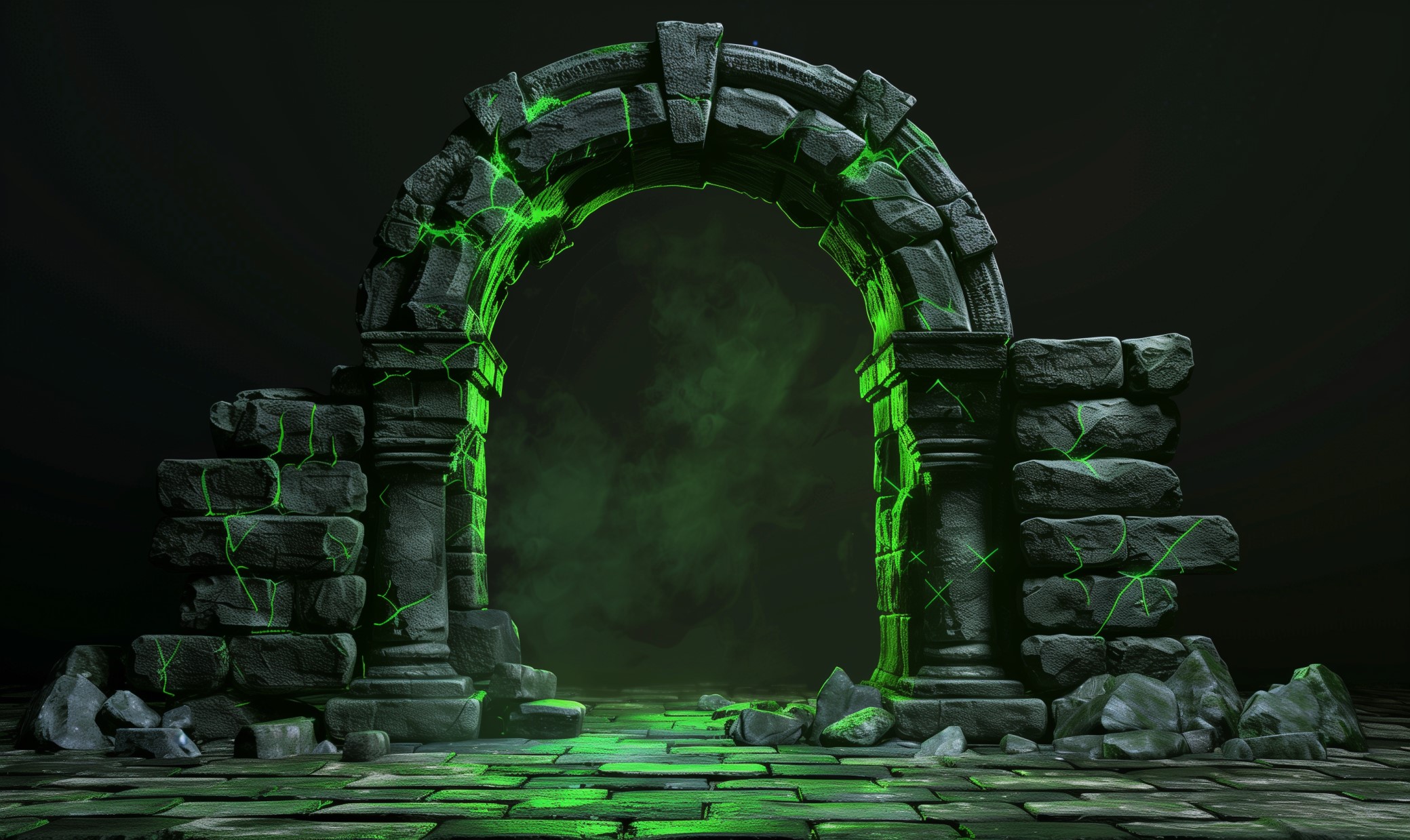As essential as the internet is to modern life, we don’t always understand it. Internet service providers (ISPs) throw around a lot of numbers, but you may not know what they mean. What is a good download speed, and how does that make a difference in your daily life?
If you ask several people what good internet speed is, you may end up with multiple different answers. There’s a lot of variation in the area, from how you measure it to what you need. To help you find the right connection for you, here’s a quick rundown on internet speed.
Upload Speed vs. Download Speed
You could define internet speeds in a couple of different ways. The two terms you’ll see the most are “upload speed” and “download speed,” which measure different internet functions. While both will affect you, you probably only need to focus on the download numbers.
Most ISPs don’t list their upload speeds at all, so the numbers you see are download speeds. That’s because most of what you do online, like streaming or using social media, is a matter of downloads. So when people talk about internet speeds, they’re usually referring to downloads.
What Speeds Do You Need?
What’s a good download speed depends on what you need it for and how many people use it. The more people on the network, the faster internet you’ll need because too many connections can slow things. If you do a lot of online gaming or want to stream in HD, you’ll also need higher speeds.
The FCC defines broadband internet by offering at least 25 Mbps in download speed. That’s enough for things like streaming and gaming for one or two people if you get those speeds consistently. Anything less than that isn’t necessarily slow but probably can’t support more than one user.
The average download speed in the U.S. is just above 50 Mbps, which should be plenty. If you have a lot of smart home devices or more than four users, though, you may need more.
How to Test Your Download Speed
The speeds you pay for aren’t always the ones you get. When your ISP says they offer a certain speed, think of that as a limit more than a guarantee. You’ll usually average close to that number, but may not always reach it.
To see how fast your connection really is, you’ll have to use an internet speed test. You can find plenty of free apps and websites that will check your upload and download speeds for you. Most of them involve nothing more than pressing a button and waiting a few seconds to see the results.
What to Do If You Don’t Have Good Download Speeds
If your internet is having trouble supporting all of your devices, you should probably upgrade it. Sometimes you can’t get close to what you pay for, though. If that’s the case, there are a few things you can try.
If you can use an Ethernet cable instead of Wi-Fi for a device, those are usually more reliable. If you get worse speeds in some parts of your house, you may consider getting a range extender. You may need to call your ISP if nothing you’ve tried helps.
Get the Right Speed for You
These days, most available connections provide relatively fast speeds. If you have a lot of devices or users, you’ll probably need at least 50 Mbps. Otherwise, anything at or above 25 Mbps should work just fine.
What counts as good download speed is always changing as connections become faster. In a few years, 25 Mbps internet may be a thing of the past.
Recent Stories
Follow Us On
Get the latest tech stories and news in seconds!
Sign up for our newsletter below to receive updates about technology trends














